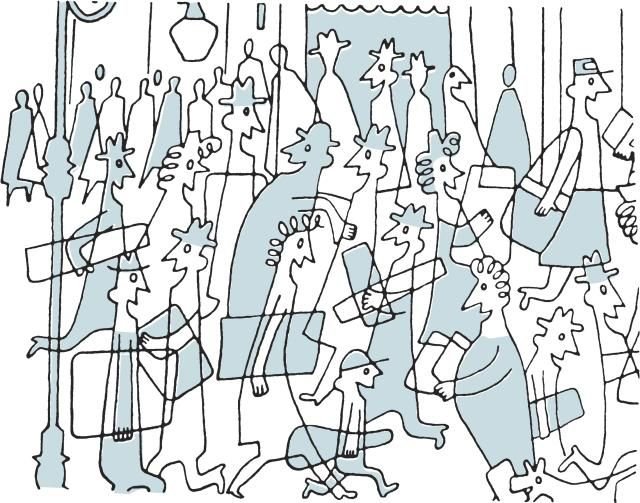Problem for the subject - populist concept /part 2/
The question that arises is the extent to which the populist concept reflects the real state of things and can be used as an explanation for their current state. The first thing is that when they develop their understanding of the story, Marx and Engels rely on the historical experience of the past and the state of social life in the 19th century. In terms of these prerequisites, the story presents them as a history of class struggles in the course of which the role of the masses grows.
This is also the reason for them to predict the outbreak of a world proletarian revolution called upon to destroy the bourgeois society, to abolish the class division with its inherent private ownership of the means of production, and to create a communist society based on the public property of that society. The first phase of this society is socialist. As the main driver of this profound social change, they see the proletariat, which according to their predictions becomes the most mass and broader class of society that previous societies did not know. Thus, the manifesto of the Communist Party was born: "Proletarians from all sides unite". It is this socio-political doctrine that has been laid in the foundations of the so- "Scientific communism," as well as the thesis of the growing role of the masses / proletariat / in history, contradict both the general spirit of materialist understanding of history and the experience of modern reality.
What is it in mind: Marx himself admits in his own philosophy of history that a bearer of a new type of social relationship can never be the old or the main classes of the relevant society related to the dominant mode of production, but that such a medium is always a new third class that has appeared in the bosom of the old society as a representative and bearer of a new, more progressive way of production. In this sense, the struggle of slaves and fortresses against slave-owners and feudal lords is always a struggle within the system (economic) and its purpose is not to change this system with something else that has no idea, but rather for its perfecting, ennoblement or overturning.
But when it comes to capitalism, Marx suddenly proclaims the suppressed class (the proletariat) as a major subject of the Communist Revolution by abandoning its previous view that the exploited classes, as an irrevocable part of the dominant mode of production, can not be the carriers of new productions and public relations, and therefore a major revolutionary force in society. This is precisely the inner contradiction of Marxist views, namely the inconsistency of his astonishment and his "scientific communism," as a kind of Marxist politics. Marxism is a triple doctrine: economic, political, and philosophical.

This post has received a 15.69 % upvote from @boomerang.